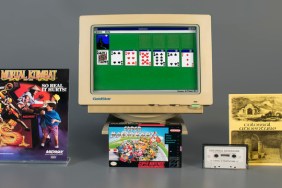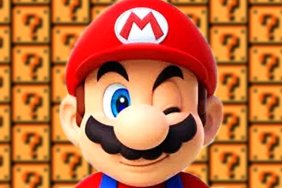Super Bowl LI made NFL history, but also video game history, becoming one of the largest years for video-game advertisements in Super Bowl history.
Storm8, using data from iSpot.Tv, found that Sunday's five video game advertisements during the Super Bowl was the biggest in at least ten years. Of course, we all know about the Nintendo Switch's Super Bowl ad, marking Nintendo's first time purchasing time during the big game, but Bethesda also dug into its wallet for Elder Scrolls Online getting the Morrowind expansion.
The continued proliferation of mobile game advertisements cannot be overstated. Three Super Bowl advertisements for mobile games debuted – one for each of Mobile Strike, Evony: The King's Return and World of Tanks. Mobile games, particularly those using the freemium model are wildly popular and profitable, likely more so than even the loftiest of AAA titles given that they are relatively inexpensive to develop.
Storm8 sees this as a sign of growing mainstream acceptance of video games, citing popular mobile titles such as Pokemon GO. "This is seen with the general popularity of mobile gaming apps, which were recently found to form the largest category of all apps with a third of user time spent on them," Storm8 stated.
It is important to note, though, that traditional video games have also increased this year at the Super Bowl, with Sunday's Nintendo and Bethesda making up the only two such advertisers in the past three years at the big game. We've already seen bigger video games thicken their advertising budget with Rockstar's $1.4 Million Sunday Night Football advertisement, so it's only a matter of time before this kind of advertising strategy catches on with other big studios.
That advertisement was also virtually unprecedented for a game so far away from release, or even a movie, for that matter. That precedent was not broken during Super Bowl LI, either, with the Nintendo Switch advertising for its console coming out in less than a month, and Elder Scrolls Online – Morrowind coming out in June, but Nintendo and Bethesda likely paid a lot more for their TV spot.







